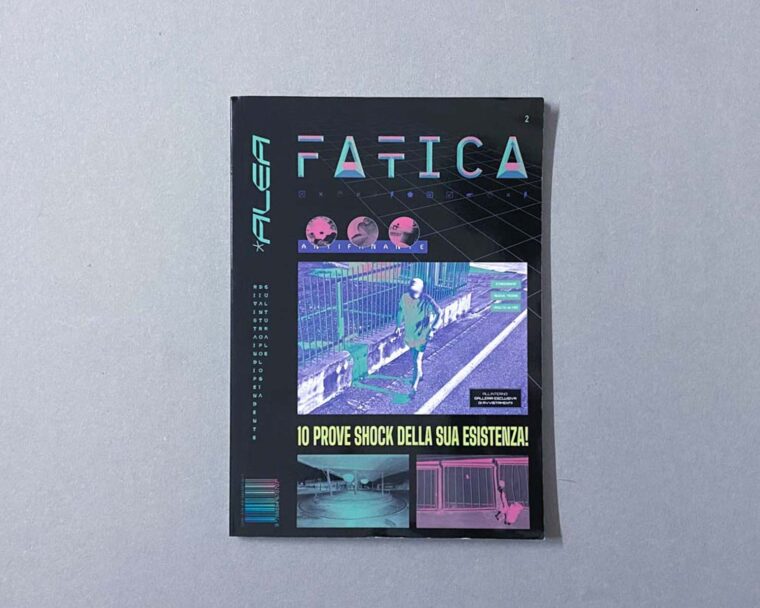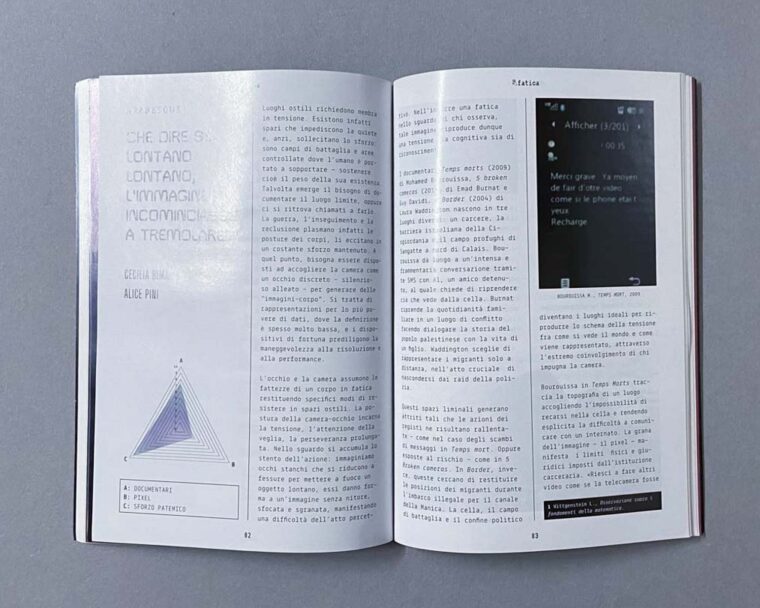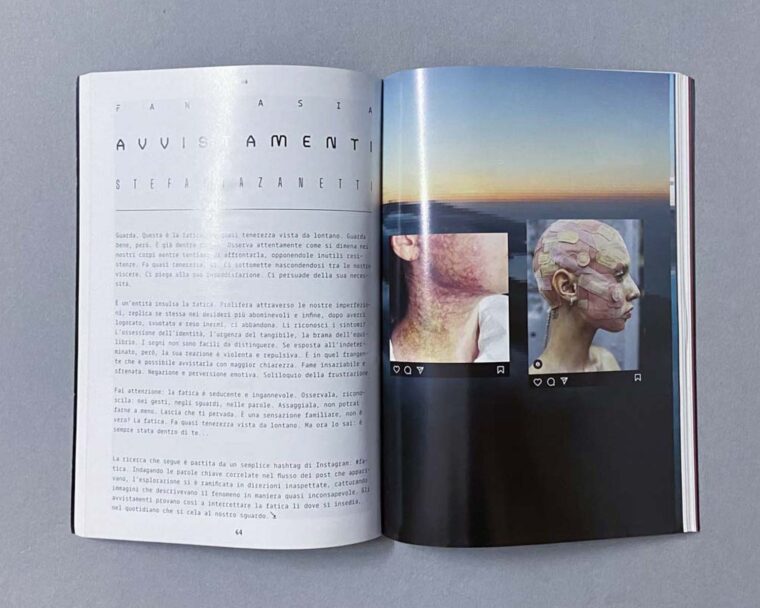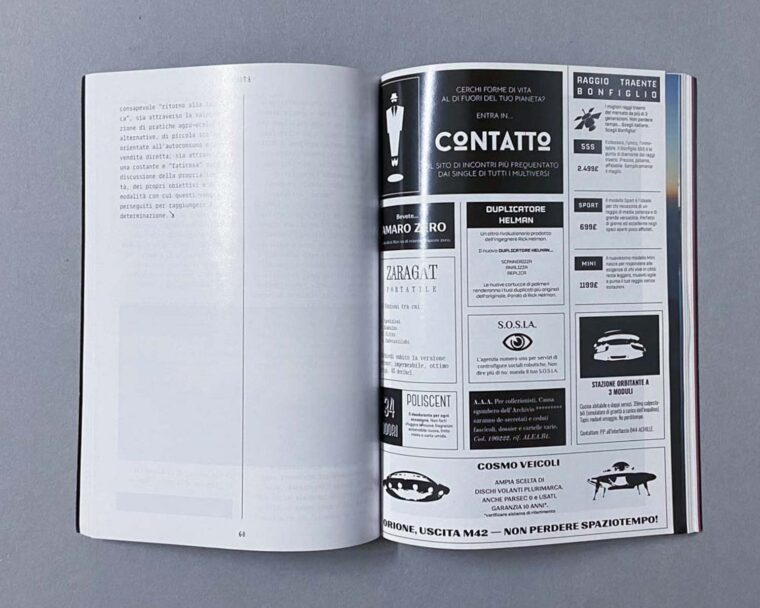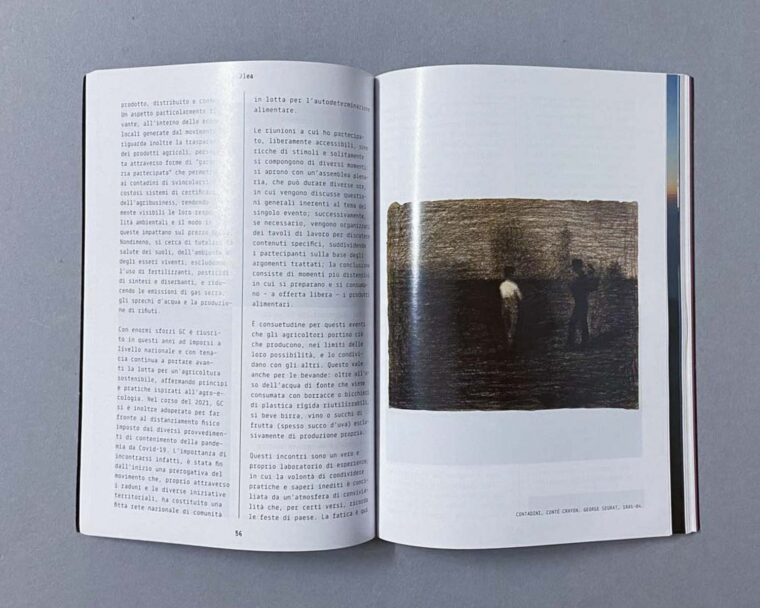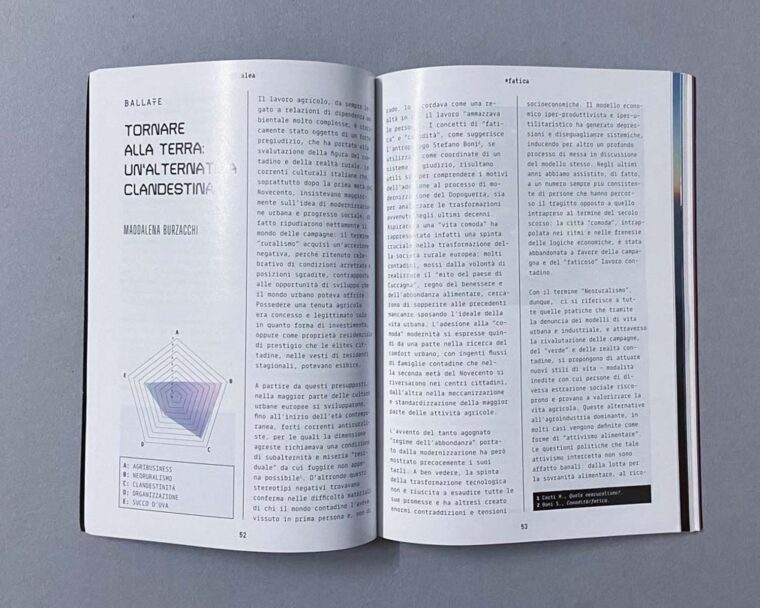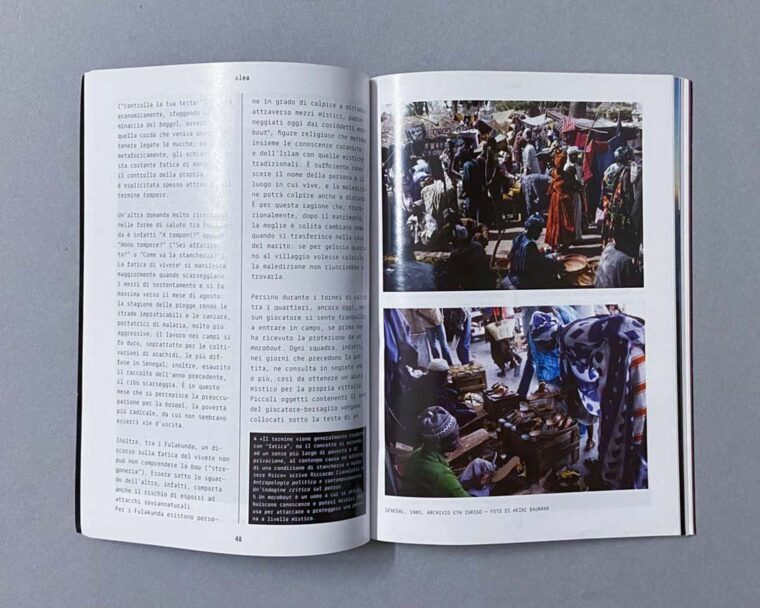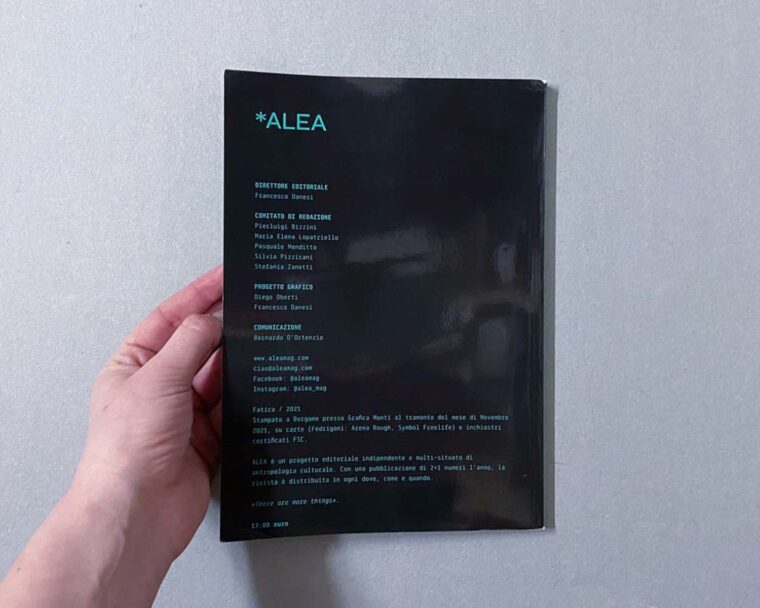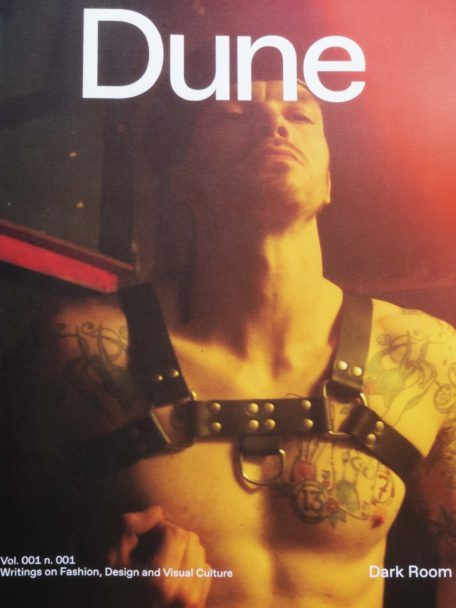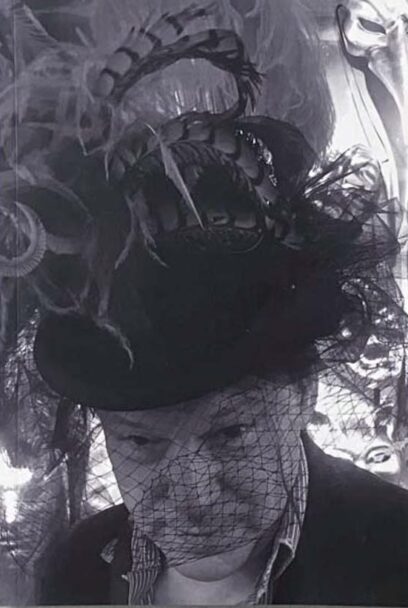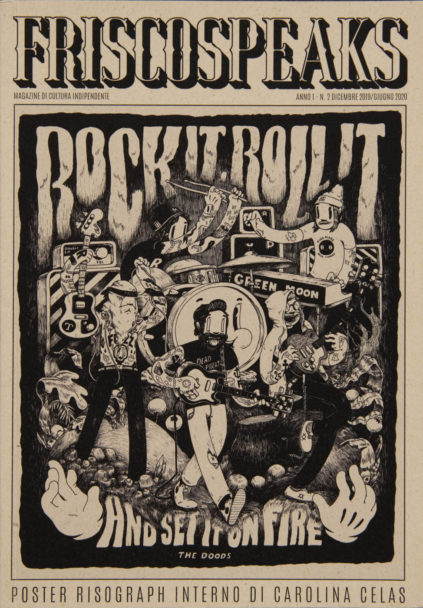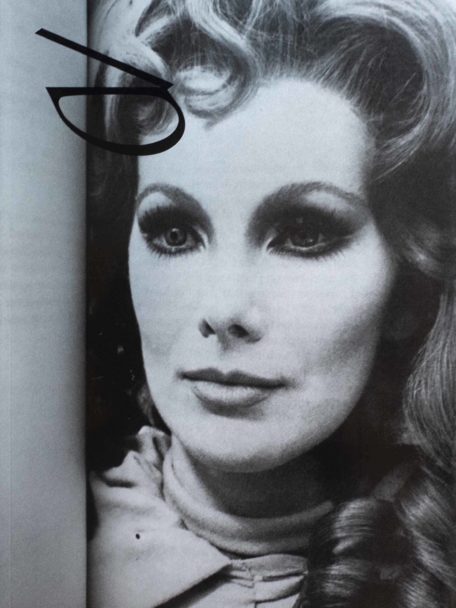
A.A.V.V., ALEA – 2 / Fatica, 2022
17 Euro
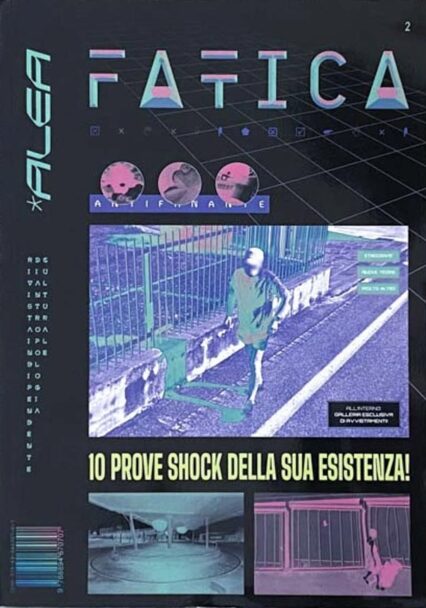
2 in stock
Fatigue, both as a physical and structural condition and as a socio-cultural metaphor of the present, constitutes an elusive anthropological object, obscure and precisely for this reason worthy of attention. Far from being a ‘merely’ human problem, fatigue permeates the bodily, historical and social vicissitudes of the varied living worlds, whether human or non-human – existences that toil, that resist fatigue, that are fatigue. Multiple energies, efforts and tensions spill over into the frictions of the global economy, migration, technological development and environmental change. Fatigue manifests itself at points of rupture, where it manages to break bonds and structures that seemed to be established. Bodies, ecosystems, mechanisms, constructions; but also ideas, concepts, projects, paradigms. There is something revolutionary and frightening in fatigue, in its invisible play of resistance, of wear and tear, of traces of that dense network of exchanges in which humanity is immersed. Irreducible to a single experience, fatigue lurks in the folds of contemporary crises and its presence never seems totally ascertainable. A variation of state, a symptom of the network of relations in which we are entangled, fatigue not only becomes an image, an index, a symbol of different cultural universes, but also stimulates a multitude of questions about the current state of anthropos, the fractures in its history and the resistance for its future.
Excerpts: Claire Haley & Sean Cordeiro, Combustion, Giacomo Pozzi, I’d rather not
Contributions by: Marco Galvagni, Collettivo Epidemia, Angela Curina, Gabriele Maria Masi, Maddalena Burzacchi, Alice Pini, Cecilia Bima, Beatrice Ruggieri, Giulia Prizzitano, Erika Silvestri, Giacomo Pozzi, Claire Haley, Sean Cordeiro, Francesco Terzago.
Alea is an independent publishing project founded in 2020. The magazine intends to measure itself against the nuanced and complex rhythms of contemporaneity, through a polyphonic and multidisciplinary narrative.
Each issue is oriented by a broad thematic framework, whose interpretation is entrusted to the individual contributions selected by the editorial board.
Within the pages of Alea, anthropological ethnography lends itself to unprecedented and fascinating encounters – or dis-encounters – with a wide variety of disciplines, visions and artistic practices. Readers are given a challenge that is as provocative as it is risky: to attempt to recompose a possible narrative plot.
Alea, 2022
Editorial Director: Francesco Danesi della Sala
Graphic design: Diego Oberti, Francesco Danesi della Sala
Editorial Board: Pierluigi Bizzini, Maria Elena Lopatriello, Pasquale Menditto, Silvia Pizzirani, Stefania Zanetti
Coordinator: Alice Gattari
Communication: Bernardo D’Ortenzio
flexible cover
dimensions: 24×16.5 cm
